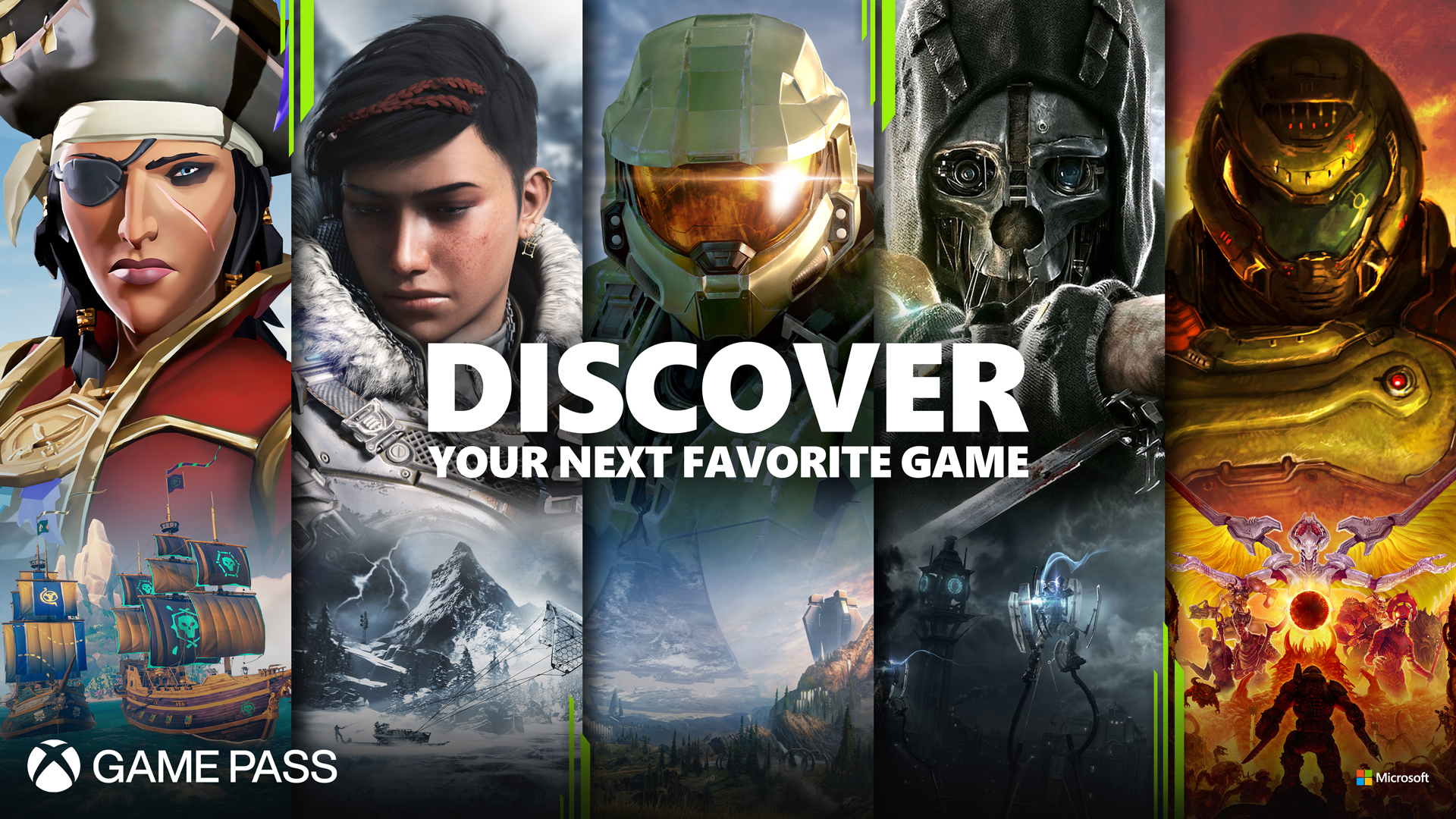By Vanda Svobodova
In a recent discussion that has stirred the gaming community, Raphael Colantonio, the founder of Arkane Studios, voiced his concerns about the sustainability of Xbox Game Pass. Known for creating acclaimed titles like “Dishonored” and “Prey,” Colantonio’s critical take on Microsoft’s subscription model has sparked a broader debate about its impact on the video game industry.
Colantonio’s Concerns
Raphael Colantonio, who has long been a significant figure in game development, argues that Xbox Game Pass could potentially harm the industry. Speaking candidly about his views, Colantonio described the subscription model as one that is not financially viable in the long run. According to him, the model may have adverse effects on game quality and developer earnings.
Colantonio’s main contention centers on how the subscription service distributes revenue, suggesting that it might not adequately compensate developers for their work. He believes that such a model pressures developers to churn out content more rapidly at the expense of innovative and high-quality game design. This pressure, he suggests, could lead to a decrease in the diversity and depth of games being developed.
The Economic Dynamics of Game Pass
Since its inception, Xbox Game Pass has been marketed as a revolutionary service for gamers, offering access to a vast library of games for a fixed monthly fee. The appeal lies in its affordability and the variety it offers to players. However, questions about its economic sustainability have been swirling, not only because of Colantonio’s remarks but also from other industry veterans.
Under the Game Pass model, developers are usually paid a flat fee for inclusion in the service, coupled with potential bonuses or royalties based on various performance metrics. This structure contrasts with traditional models where profits are directly linked to unit sales. Critics, including Colantonio, argue that such a system may not adequately reward games that take longer to develop or are more costly to produce. This could discourage developers from pursuing larger, riskier projects that require significant up-front investment.
Industry-Wide Implications
Colantonio is not alone in his concerns. Other developers have echoed worries that subscription-based models may shift the focus from quality-driven projects to quantity-focused production. A central fear is that this could stifle innovation, as developers might become reluctant to experiment with novel concepts that could take longer to find an audience or yield financial returns.
Moreover, with the competition growing among subscription services, there is added pressure on platforms to secure exclusive content to lure subscribers. This could lead to an increasingly fragmented industry where gamers are pushed to subscribe to multiple services to access all desired content, significantly raising their overall gaming expenses.
The Future of Gaming Subscriptions
Despite these concerns, Xbox Game Pass continues to be popular, suggesting that it provides sufficient value to a broad range of gamers. For Microsoft, the subscription model aims to build long-term relationships with consumers, offering continuous access to multiplayer environments and cloud gaming. This aligns with a larger strategy to innovate on how gaming content is consumed and monetized.
Nevertheless, industry analysts and developers like Colantonio are calling for a more sustainable approach. They suggest that balancing developer compensation with consumer affordability is crucial to maintaining a healthy ecosystem. Potential solutions could include hybrid models that combine aspects of direct sales with subscription benefits or increased flexibility in how revenue is shared with developers.
As the gaming landscape continues to evolve, the dialogue around subscription models is vital. Developers, consumers, and platform holders must address these financial and creative concerns collaboratively. Only time will tell if Xbox Game Pass and similar services can be part of a sustainable future that fosters both innovation and fair compensation., image: https://www.gamesradar.com/games/stealth/dishonored-and-prey-studio-founder-thinks-xbox-game-pass-is-an-unsustainable-model-thats-been-damaging-the-industry-for-a-decade
